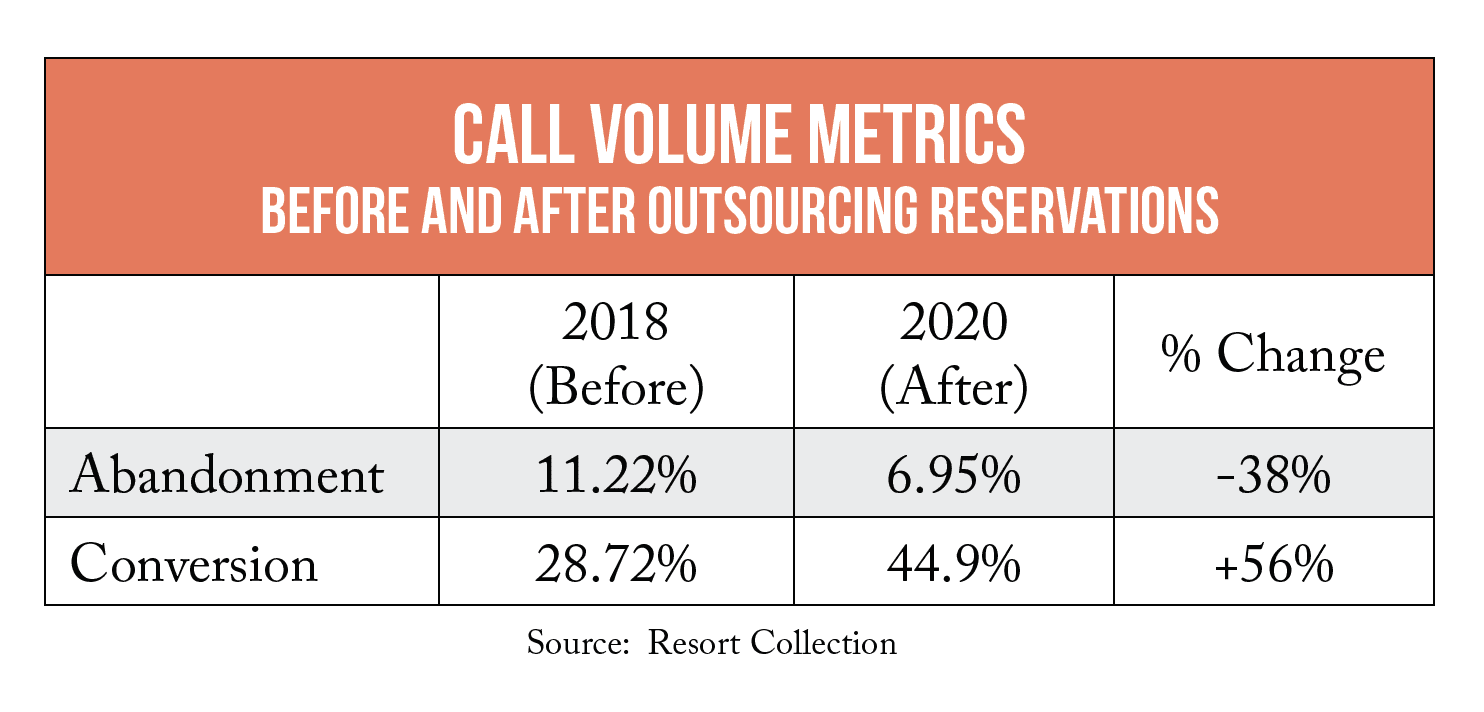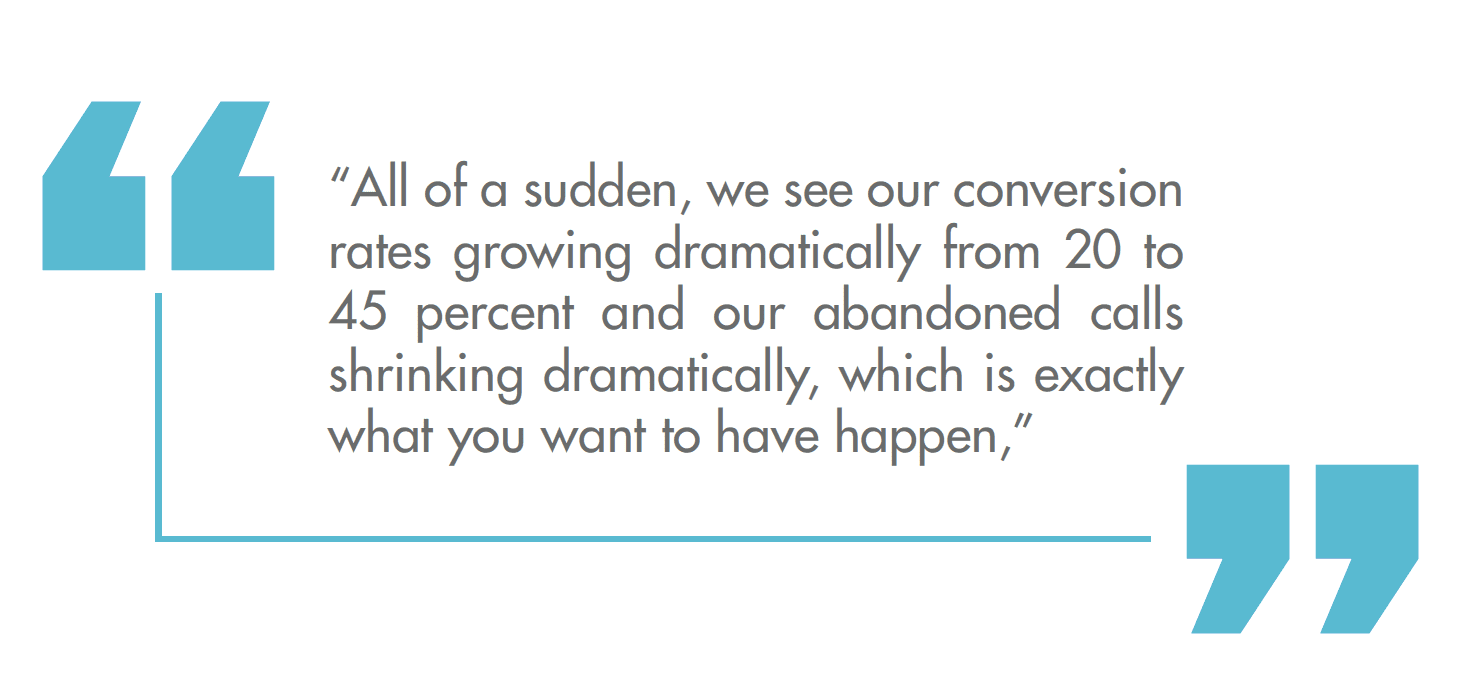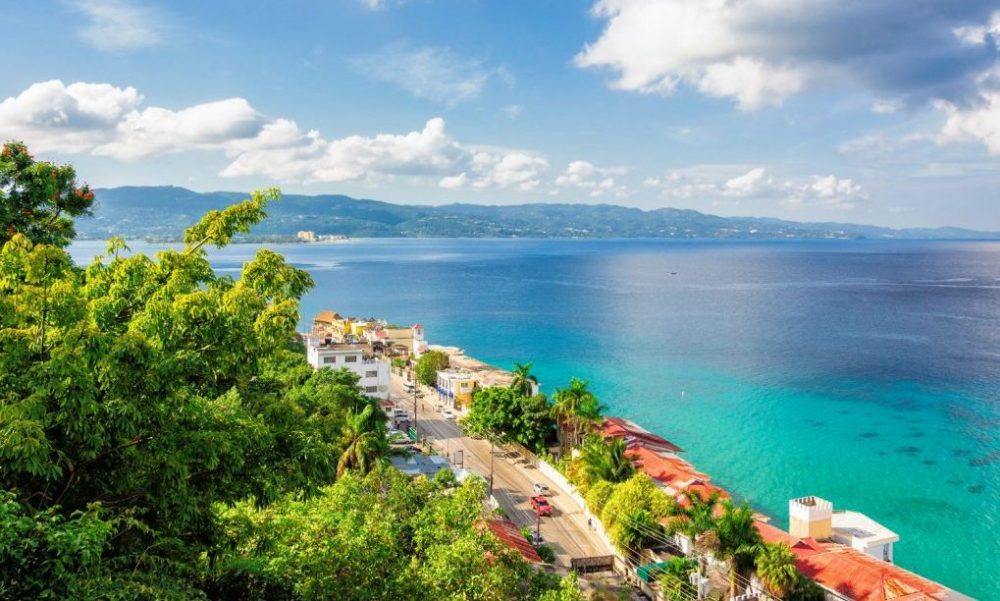Jamalo’s welcoming voice on the other end of the telephone brightened the cold January day. I was doing research about Resort Collection in Panama City Beach along Florida’s Gulf Coast. It didn’t seem to matter that he was 989 miles away in the heart of Montego Bay, Jamaica.
Perhaps, because from his seat in the company’s overseas call center, he could see the town and the Caribbean Sea beyond. Maybe it was his seven years of hotel experience talking—or simply that he was happy. “It’s fun here,” he said. “The staff is really helpful, and I feel comfortable.”
 I felt comfortable, too. Frankly, more than a little disappointed that I wasn’t actually calling to book a vacation at one of Resort Collection’s 900 accommodations located in the 13 different properties it manages along the Florida Panhandle.
I felt comfortable, too. Frankly, more than a little disappointed that I wasn’t actually calling to book a vacation at one of Resort Collection’s 900 accommodations located in the 13 different properties it manages along the Florida Panhandle.
Jamalo is one of the 20 friendly solutions to one of Resort Collection’s biggest challenges: labor.
“People go all over the world to get their labor,” says Paul Wohlford, 56, who joined Resort Collection in 2007 and is now its vice president of business development and a partial owner. “We’ve had a lot of success in Jamaica, where there are very friendly, good, hardworking people, and it’s relatively close.”
Like many vacation rental businesses in Florida, Resort Collection has a successful track record working with the Jamaican government to bring in workers with H2B visas, largely for housekeeping positions that are difficult for seasonal resorts to keep filled.
Just as Resort Collection struggled with housekeepers, it also struggled a few years ago to find and keep reservationists, even at an accelerated pay rate. Then in October 2018, another whammy came—Hurricane Michael. With most affordable housing wiped out and the hourly labor force scattered, a bad problem became worse.
And that spelled serious trouble for the call center.
“Not having enough labor can lead to high abandonment rates, lower conversion percentages, and all those things we need to be successful,” Wohlford says.
Robert Laltoo, a hospitality consultant based in Miami with 16 years’ experience in supplying international labor to the U.S., had the answer for his client: Jamaica.
As it turns out, Resort Collection would not be first by a long shot.

Since the early 1990s, the Caribbean has become a burgeoning global hub for call centers. As the third-largest English-speaking country in the Western Hemisphere, Jamaica boasts a well-developed infrastructure, large workforce, and competitive operating costs. As a result, it has attracted industries such as automotive, banking, health care, retail, and yes, hospitality.
According to the Business Processing Industry Association of Jamaica, there are 65 business process outsourcing (BPO) companies providing 36,100 jobs that generate $500 million in Jamaica alone.
Most of these BPO companies are call centers.
BPO companies receive their supply of trained talent from the Human Employment and Resource Training/National Service Training Agency Trust—known to most Jamaicans simply as “HEART”—which serves as the country’s leading human capital development agency.
Wohlford began testing the idea by hiring six H2B visa workers from Jamaica to work in the Panama City Beach call center.
“We found out really quickly that they’re fabulous call center agents,” he says. “They go to school for this. They’re very personable on the phone and scream ‘vacation’ when you hear their accent.”
In January 2019, with Laltoo’s help, Resort Collection found office space to rent, met with the government, and migrated one supervisor and 10 reservation agents to Montego Bay, Jamaica.
Wohlford was pleased with the results.
“All of a sudden, we see our conversion rates growing dramatically from 20 to 45 percent and our abandoned calls shrinking dramatically, which is exactly what you want to have happen,” he says.
He began regular trips to train, monitor, and hire the new employees.
“When I interview down there, I can get upwards of 40 applications for one job,” he says. “They line up; they’re professional, they interview well. They’re nice people, good people. It’s a profession for them that they take very seriously, so they take a lot of pride in it. I expect they’ll be with us for years.”
Plus, the price is right.
“I have to pay $15 an hour just to get somebody to sniff the job here. There, I pay $6 an hour including incentives, and they’re extremely well paid,” he says.
By every measure, Wohlford counts it a success, saying, “I’m saving money. I’m converting more calls. I’m losing fewer calls from people hanging up. It’s a win on the savings side. It’s a win on the revenue side. It’s a win on the labor side. It’s a home run, to say the least.”
In December 2019, he partnered with Brittain Vacation Rentals, which allowed him to upgrade to a larger space that holds 100 agents.
Currently, Wohlford is working on expanding his Jamaican call center business. Now, call volume is up in another way, meaning he’s already receiving calls from industry colleagues eager to join his win–win model.
“We know how to run call centers. We’ve gone through all the pain of opening a company offshore. Now that we’ve built a call center, our plan is to expand it. We have made it very easy for a company to come in and simply rent seats. We provide the labor, monitors, cubicles, supervision, suits—soup to nuts—everything they need. They just need to come in and do the training. It’s a viable business,” he says.
 Laltoo, who helps staff about 65 hotel and resort properties throughout the US, says the vacation rental industry can learn a lot from Resort Collection’s experience and the call center craze in the Caribbean.
Laltoo, who helps staff about 65 hotel and resort properties throughout the US, says the vacation rental industry can learn a lot from Resort Collection’s experience and the call center craze in the Caribbean.
“It’s not about the wage. It’s just that people nowadays don’t want to do that work. I think the mindset needs to change. The mindset in Jamaica is right. Three of the five largest call centers in the world are in Jamaica. They wouldn’t be there if they weren’t successful,” Laltoo says.
Jamaica’s “good thing” is poised to get even better (for them).
Since the pandemic began, the call center industry in Jamaica has grown. Laltoo contends that with more industries allowing people to work remotely, American call centers could be further “diluted because now there are so many more industries where you can pick and choose what you want to do from home.”
That demand for trained labor makes the Jamaican call center workforce even more attractive. “Technically, we now have a financial bidding war for these folks,” Laltoo says.
Yet, despite Jamaica’s increasing popularity as a global BPO destination, the figures still pencil, or as Wohlford says, “The proof is in the numbers and the savings.”
And in the guest experience.
Especially so with pleasant reservation agents like Jamalo, who ended our call with, “It was a pleasure speaking with you. Please enjoy the rest of your day.”


